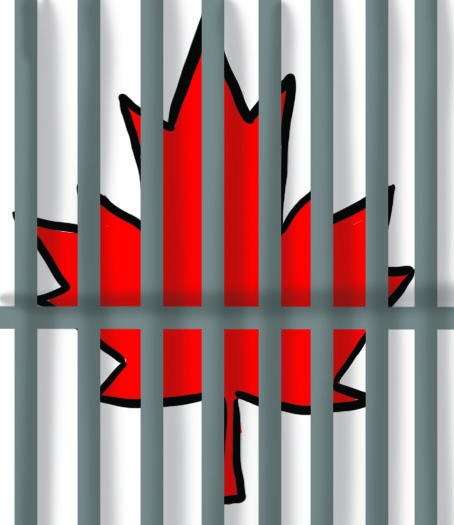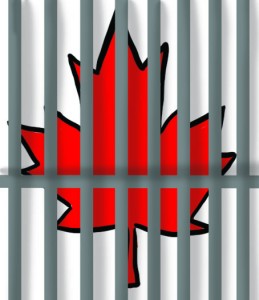Prisoners need proper mental health care


Looking at Canada from a distance could easily deceive some people. We appear to be a content and somewhat smug people by assuming we live in one of the most developed and progressive countries in the world.
We have however, somewhat slipped on the United Nation’s “Best places to live” scale.
Domestically, Prime Minister Stephen Harper’s majority government faces calmer seas and Canadians lap up whatever emerges from our rich cornucopia.
Beneath this mask of sanctimony lies a brutal reality; a large percentage of Canadian citizens are behind bars and many of them are jailed for non-violent crimes. The problem this brings to light it that many of these prisoners have mental issues.
Despite the sustained fall in the extent and seriousness of violent crime, unprecedented numbers of the poor and mentally ill are in local, provincial or federal jails and prisons.
Given Harper’s penchant for “tough on crime” laws and prison privatization, it will not be long before aggressive, for-profit corporations will control the billion-dollar prison “supply-and-demand” business.
In the United States, corporate profits will grow with more mentally ill people i prison as they have on e of the highest incarceration rates in the world.
Until the time when Canadian prisons are reformed, we should be concerned about the percentage of mentally ill who now languish behind bars.
There has always been ambiguity around mental illness and criminality. Some confusion stems from the complexity of most psychological impairments.
Similarly, there is the glaring problem of lack of hard facts about a person’s mental state at the time of the alleged crime.
Difficulty arises from the unreliable correspondence between fine legal distinctions and our psychological knowledge. Furthermore, there are serious questions regarding how appropriate it is to apply medical considerations to issues of morality and crime.
With serious budget cuts, continued de-institutionalization and the diminishing number of hospital beds, many chronically ill psychiatric patients are now homeless or enmeshed in the criminal justice system.
Estimates from criminologists suggest that 25-30 per cent of prison inmates are psychiatrically disturbed and such a number is thought conservative.
In these settings, treatment is often not available even though inmates problems are severely complicated by the physical abuse, sexual assault, isolation, noise, boredom and separation from families that are all common characteristics of prison life.
A rapid increase of those suffering from mental illness will be found in our prisons while a raised number of patients left in mental institutions are spillovers from the criminal justice system.
We insist on our pretensions to pluralism and those compelling populist ideals, yet we remain a punitive and intolerant people, confusing professional care with social control and compassion with greed.


